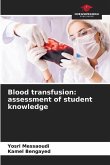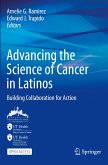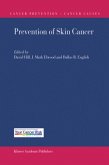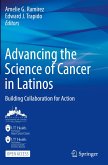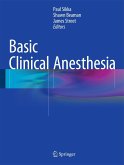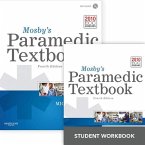Cancer has become a significant public health concern worldwide, and its impact on individuals and communities cannot be underestimated. As students venturing into the field of epidemiology, understanding the importance of studying cancer epidemiology is crucial. This subchapter aims to shed light on the significance of this field and its relevance to students interested in epidemiology. Firstly, studying cancer epidemiology provides students with an opportunity to contribute to the prevention and control of cancer. By understanding the factors that contribute to the development and progression of cancer, students can identify preventive measures and interventions that can reduce the burden of the disease. Cancer epidemiology equips students with the necessary knowledge and skills to conduct research, analyze data, and implement evidence-based strategies to combat cancer. Secondly, cancer epidemiology offers students a unique perspective on the multifaceted nature of cancer. This field explores how various factors, such as genetics, lifestyle choices, environmental exposures, and socioeconomic factors, interact to influence cancer development. By studying cancer epidemiology, students gain a comprehensive understanding of the complex interplay between biological, behavioral, and environmental factors in cancer causation. Furthermore, cancer epidemiology provides students with an opportunity to make a significant impact on public health policy and practice. Through their research and analysis, students can generate valuable evidence that informs policymakers and healthcare professionals about the most effective strategies for cancer prevention and control. By studying cancer epidemiology, students become agents of change, driving evidence-based decision-making and improving cancer outcomes at the population level. Additionally, studying cancer epidemiology opens doors to various career opportunities. As the field of cancer research continues to expand, there is a growing demand for skilled professionals in epidemiology. Students with expertise in cancer epidemiology can pursue careers in research institutions, government agencies, non-profit organizations, and academic settings. Moreover, they can contribute to global efforts in cancer control by working on international projects and collaborating with experts from diverse backgrounds.



